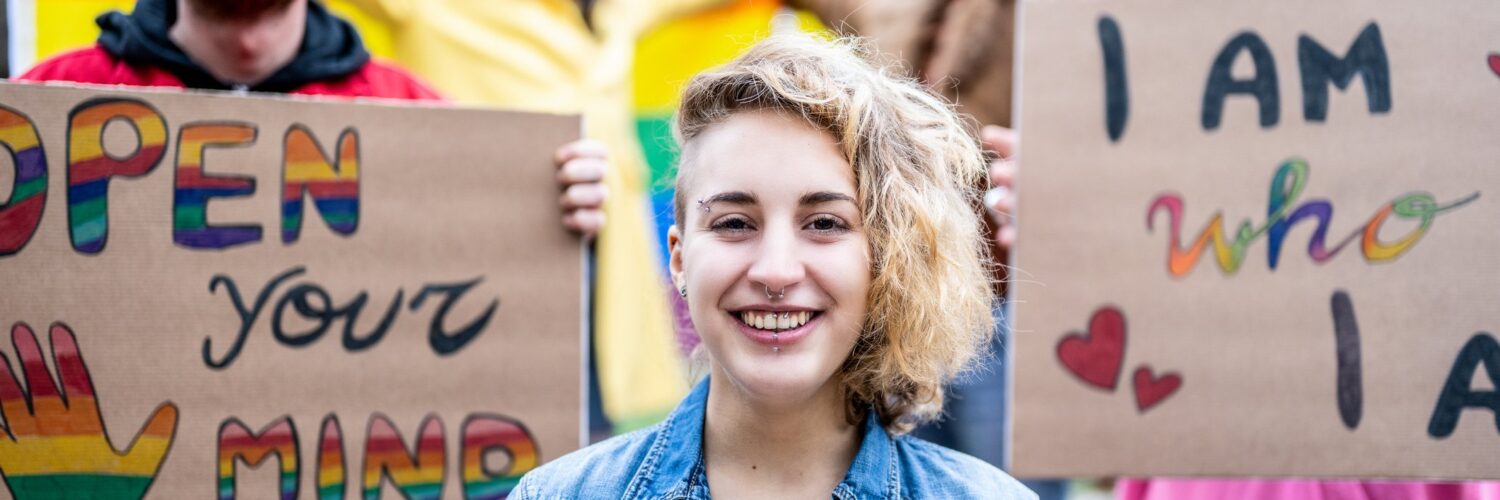In a world that’s rapidly evolving, cultural norms and values can sometimes be perceived as static and unyielding. In the context of Desi culture, a term used to refer to the people, cultures, and products of the Indian subcontinent, there exist several taboos deeply rooted in tradition. These taboos can vary across different regions and communities, influencing the way people interact, behave, and make decisions.
In this article, we’ll delve into some common Desi taboos, explore their historical origins, and analyze how they impact modern society. We’ll also discuss the importance of bridging generational gaps and finding a balance between respecting traditions and embracing change. Let’s start by exploring a few significant Desi taboos.
Taboo 1: Inter-caste Marriages – Breaking Barriers for Love
One of the most prevailing taboos in Desi culture is the prohibition of inter-caste marriages. Historically, marrying outside one’s caste was strongly discouraged, as it was believed to dilute the purity of family lineage. While the reasons behind this taboo may have been well-intentioned in the past, it’s essential to address the societal changes that have occurred over time.
Despite the persistence of this taboo, an increasing number of individuals are choosing love over tradition and marrying outside their caste. By doing so, they challenge societal norms and help break down barriers that perpetuate discrimination based on caste.
Taboo 2: Mental Health – A Stigma to Overcome
Mental health remains a topic wrapped in stigma within Desi communities. In many cases, mental health issues are dismissed or hidden due to the fear of judgment from society. Seeking professional help is often perceived as a sign of weakness, which prevents individuals from receiving the support they need.
To combat this taboo, it’s essential to foster open conversations about mental health and educate the community on its significance. By encouraging empathy and understanding, we can create a supportive environment that embraces those seeking help for their mental well-being.
Taboo 3: Talking About Sex – Empowering Sexual Education
Sexual education is another taboo subject within Desi culture. Discussions about sex are often avoided, leaving the younger generation misinformed and vulnerable to potential risks. This lack of information can lead to unplanned pregnancies, sexually transmitted infections, and unhealthy relationships.
To break this taboo, we must prioritize comprehensive sexual education that covers consent, safe practices, and emotional well-being. By providing accurate information, we empower individuals to make informed decisions about their sexual health.
Taboo 4: LGBTQ+ Acceptance – Embracing Diversity
The LGBTQ+ community faces significant challenges in Desi societies due to conservative attitudes towards sexuality and gender identity. Homosexuality is often viewed as unnatural or sinful, leading to discrimination and social ostracization of LGBTQ+ individuals.
Promoting LGBTQ+ acceptance requires dispelling misconceptions and fostering empathy. By recognizing and embracing diversity, we can build a more inclusive society that supports and celebrates the rights of all individuals.
Taboo 5: Menstruation – Breaking the Silence
Menstruation is surrounded by a web of taboos in many Desi households. It’s considered impure, and women may face restrictions during their periods, such as being barred from religious activities or entering certain areas of the home.
To overcome this taboo, it’s crucial to educate both men and women about menstruation, dispel myths, and promote menstrual hygiene. Open conversations will help normalize this natural process and eradicate the stigma associated with it.
Taboo 6: Women’s Empowerment – Redefining Gender Roles
Traditional gender roles continue to be a significant aspect of Desi culture, limiting women’s opportunities for education, career growth, and decision-making autonomy. Breaking this taboo involves empowering women by encouraging education, supporting career aspirations, and challenging patriarchal norms.
Taboo 7: Elderly Care – Respecting the Wisdom of Age
In Desi culture, elders hold a position of respect and authority. However, with globalization and urbanization, there’s a growing concern about the neglect of elderly family members.
To address this taboo, we must prioritize elderly care by offering emotional and financial support to seniors, ensuring they enjoy a dignified and comfortable life.
Taboo 8: Mental Illness – Seeking Professional Help
While seeking mental health support was touched upon earlier, the stigma surrounding mental illness itself is a significant taboo. Conditions like depression and anxiety are often brushed aside as a mere lack of willpower or strength.
By promoting mental health awareness and understanding, we can encourage individuals to seek professional help without fear of judgment or ridicule.
Taboo 9: Financial Discussions – Encouraging Financial Literacy
In many Desi families, discussing finances is considered inappropriate and private. As a result, financial literacy remains low, and individuals may find it challenging to plan for the future effectively.
Breaking this taboo requires fostering open discussions about money, budgeting, and investment. By doing so, we can equip the younger generation with the knowledge needed to make informed financial decisions.
Taboo 10: Divorce – Rethinking the Perception
Divorce is often seen as a failure and a last resort in Desi culture. Society tends to stigmatize divorced individuals, leading to emotional distress and isolation.
Promoting a more accepting view of divorce involves recognizing that it can be a necessary step towards individual growth and happiness. Offering support to those going through a divorce can help reduce the negative impact of this taboo.
Conclusion
Breaking down Desi taboos is a process that requires a collective effort from both individuals and society as a whole. By challenging outdated beliefs and embracing change, we can create a more inclusive and understanding environment for everyone.






Add comment